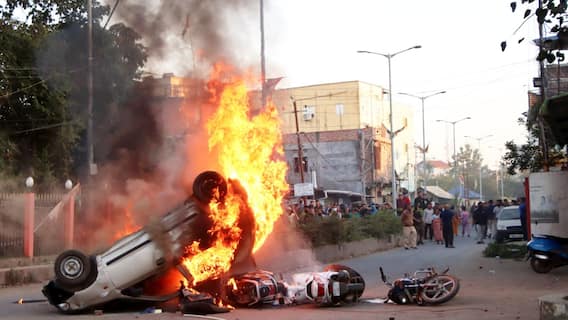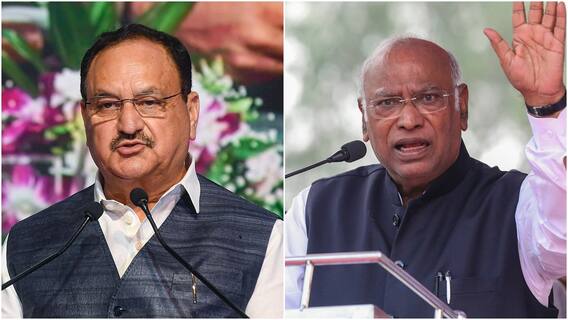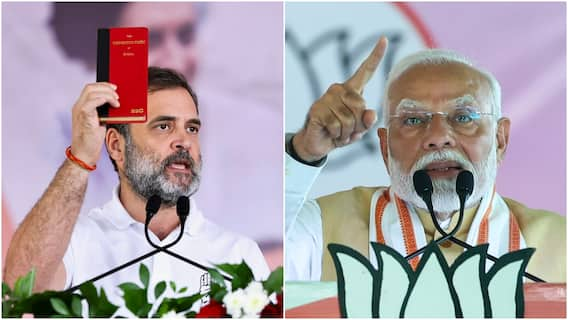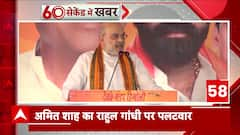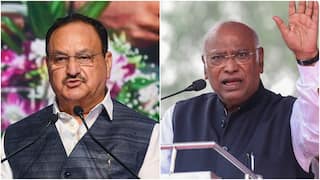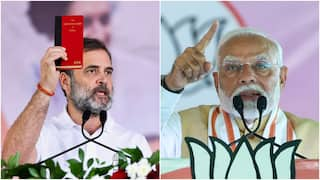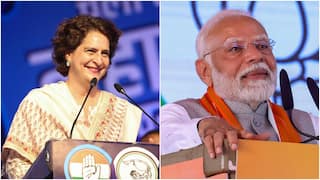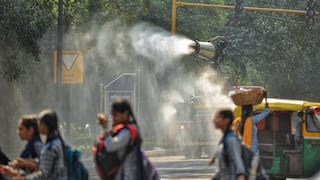No Pressure, Says Hardeep Singh Puri Ahead Of Russian Oil Price Cap Deadline
The central government has hiked windfall tax on domestically produced crude oil while reducing the rate on export of diesel

Union Minister for Petroleum and Natural Gas Hardeep Singh Puri has said that the government feels no pressure on an impending price cap on Russian crude oil proposed by the G-7, the group of seven advanced countries.
According to ANI, "We will see it when it happens. The Modi government feels no pressure. I have no fear or anxiety. The market will deal with the logistics issue if it arises. Whatever happens, will be dealt with," Hardeep Singh Puri responded to reporters on being asked about the price cap mechanism on Russian crude oil proposed by G7 nations starting December 5.
We'll see it when it happens. Modi govt feels no pressure. I've no fear or anxiety. The market will deal with the logistics issue if it arises. Whatever happens, will be dealt with: Union Petroleum&Natural Gas Minister Hardeep Puri when asked about price cap on Russian oil(16.11) pic.twitter.com/mCwEparGsl
— ANI (@ANI) November 17, 2022
Puri’s remarks come on the sidelines of World LPG Week 2022 held in Greater Noida on Wednesday.
Meanwhile, the central government has hiked windfall tax on domestically produced crude oil while reducing the rate on export of diesel, reported the PTI.
According to the report, the tax on crude oil produced by firms such as state-owned Oil and Natural Gas Corporation (ONGC), was hiked to Rs 10,200 per tonne, from Rs 9,500 per tonne, with effect from November 17, a government notification said.
In the fortnightly revision of windfall tax, the government cut the rate on export of diesel to Rs 10.5 per litre, from Rs 13 per litre. The levy on diesel includes Rs 1.50 per litre road infrastructure cess.
The export tax on jet fuel or ATF, which was set at Rs 5 a litre in the last review on November 1, has not been altered.
When the levy was first introduced, a windfall tax on export of petrol alongside diesel and ATF too was levied. But the tax on petrol was scrapped in subsequent fortnightly reviews.
While the windfall profit tax is calculated by taking away any price that producers are getting above a threshold, the levy on fuel exports is based on cracks or margins that refiners earn on overseas shipments. These margins are primarily a difference of international oil price realised and the cost.
India first imposed windfall profit taxes on July 1, joining a growing number of nations that tax super normal profits of energy companies. At that time, export duties of Rs 6 per litre ($12 per barrel) each were levied on petrol and aviation turbine fuel and Rs 13 a litre ($26 a barrel) on diesel. A Rs 23,250 per tonne ($40 per barrel) windfall profit tax on domestic crude production was also levied.
The duties were partially adjusted in the previous rounds on July 20, August 2, August 19, September 1, September 16, October 1, October 16, and November 1.
Top Headlines
Trending News






